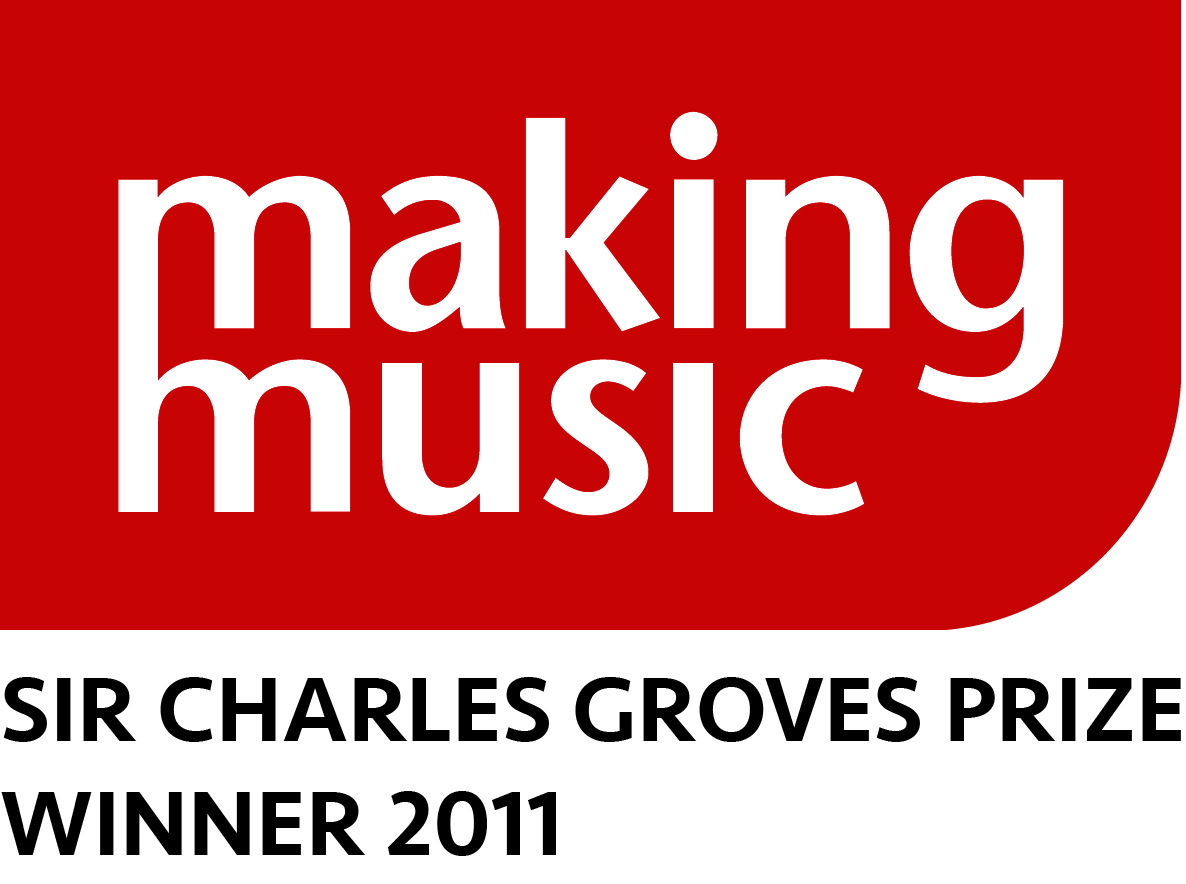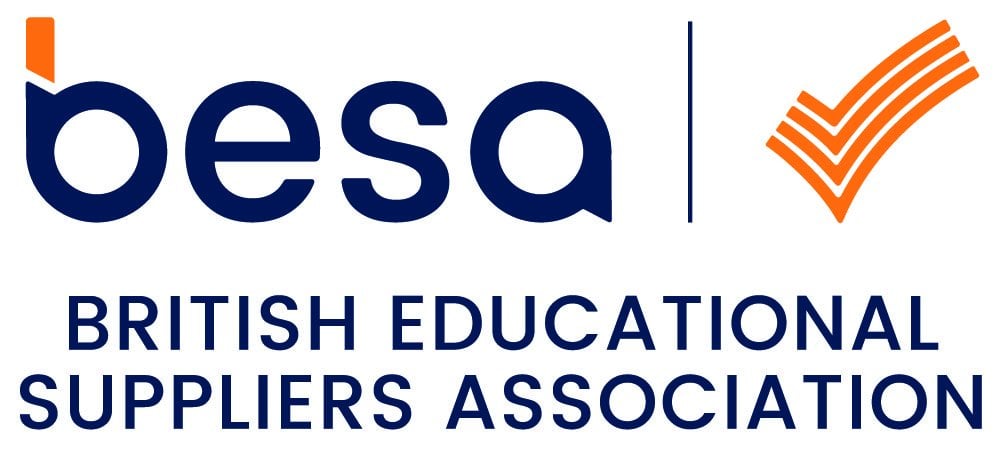Kis nay banaayaa
Song of the Week | Traditional song enjoyed by both Hindi and Urdu speaking communities
Pupil Activities
Learn the song
Follow Chanté and Itoya as they teach the song phrase by phrase – there are some Makaton signs too, which will help you to remember what the words mean.
The translation is:
Who made/created the flowers? (poolo ko)
Who made/created the fish? (matchlee ko)
Who made/created the stars? (taro ko)
Try singing some harmonies
You’ll hear a lovely harmony sung by Itoya in the video. Have a go at copying him, improvising your own harmony, or following the echo tracks above. Harmony is all about finding a different tune which sounds good when put together with the main melody line. You might need to try a few before you find one that sounds just right.
Say hello in Hindi and Urdu
This song is traditional to both Hindi and Urdu speaking communities and these languages are spoken all over the world but especially in India and Pakistan. Can you locate where these countries are on a map?
Did you know? To say hello and greet people in Hindi you say ‘Namaste’ (pronounced na-ma-stay) which means ‘I bow my head to you’ and in Urdu it is ‘Assalam u Alaikum’ (pronounced ‘Ass-a-lamb oo A-lay-kum’, the words in bold are emphasised) which means ‘Peace be with you’.
Practise saying hello in Hindi and Urdu to someone at home or at school.
Find out about India and Pakistan
What can you find out about these countries? Create your own fact file and include a selection of information such as:
- what the population is
- what the currency is
- the main religions
- what the main festivals are
- what clothes are worn
- the food that’s eaten
- animals that are found there
- famous buildings
- the weather/climate
- watch and listen to popular art forms like Indian classical music, bhangra music and dancing, Bollywood films
Create some art
Create some art works inspired by the wide and varied art history found in the Indian subcontinent. Search online for images to get some ideas then create your own. Here are some suggestions:
- Oil pastel Mandala patterns
- Textile techniques such as batik (wax resist) and block printing
- Rangoli and Mandala patterns out of coloured rice, coloured sand or flower petals
- Clay Diya lamps/candle holder for the festival of Diwali
- Lotus flower sand paintings
- Taj Mahal watercolour







